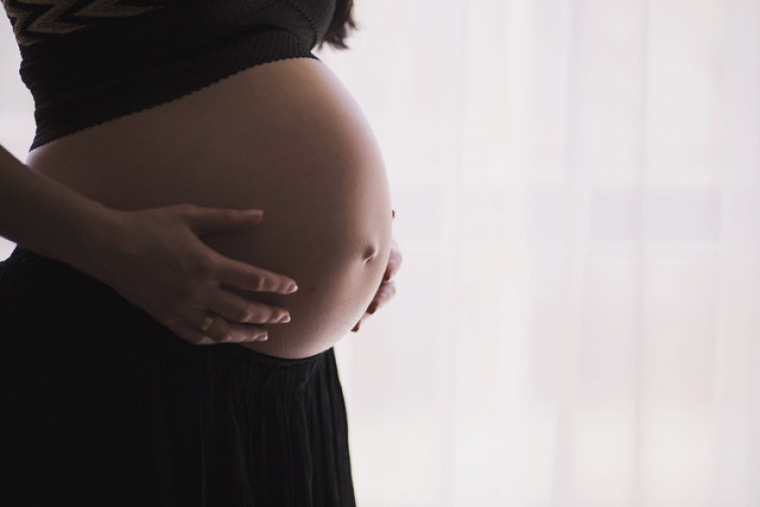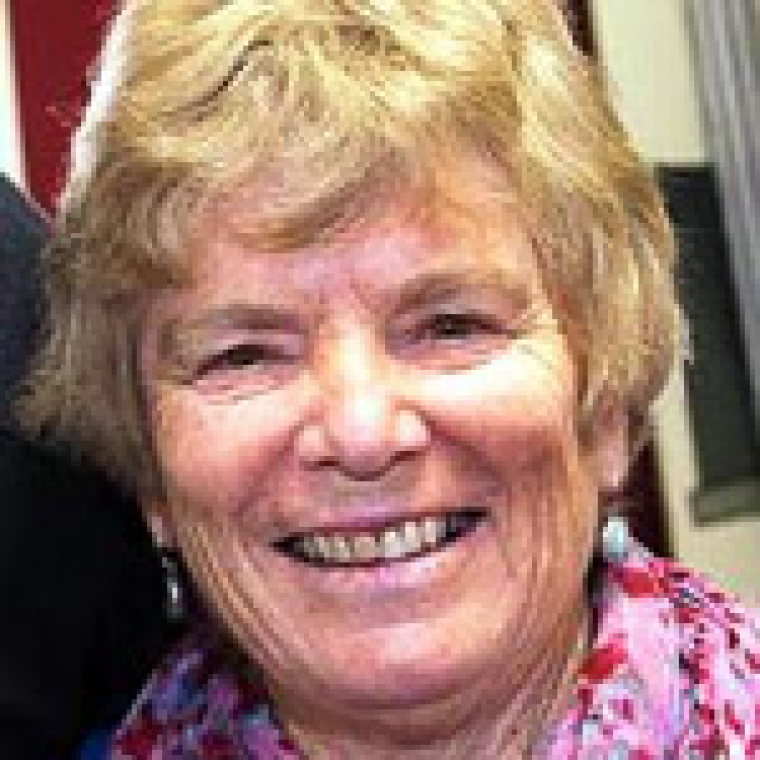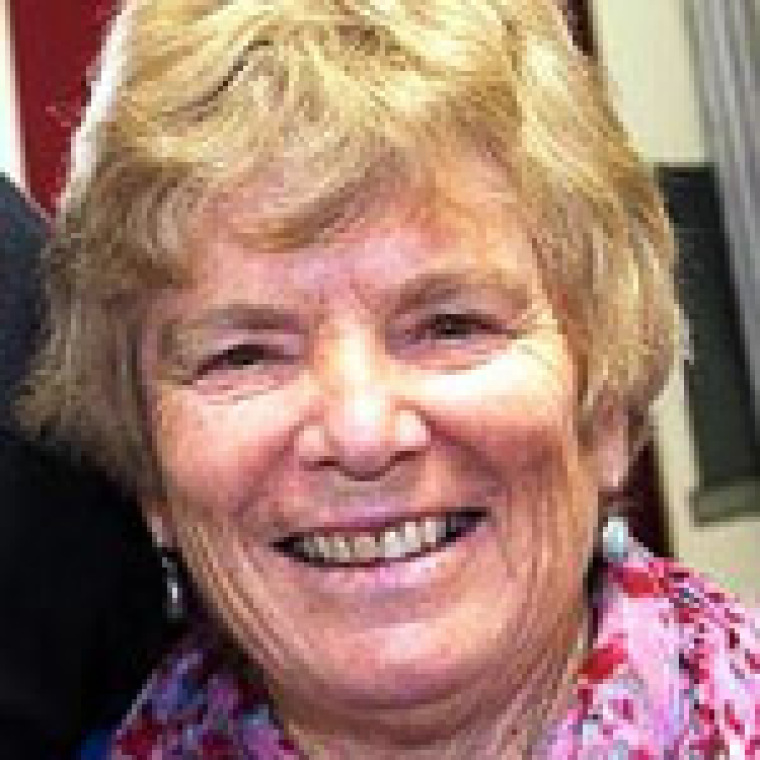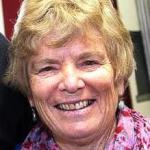

The more something is repeated, the more it comes to be regarded as fact. Social media is one of the best ways of manufacturing myths and repeating them.
Take the issue of abortion.
Comments are rife now on social media in New Zealand with the proposal to change the 1977 abortion laws through a conscience vote in parliament. Lots of people are having their say, and through the verbiage some statements are being trotted out frequently. These seem to take on a life of their own, thereby becoming almost immutable.
Yet they are myths.
“It’s my body, it’s my decision.”
Isn’t that statement simply a basic fact? Yes, it is a woman’s body that harbours a growing foetus. And yes, she can decide what happens to her body. But the life that she is carrying, right from conception, is not her body. It is uniquely its own. It has a genetic heritage, blood type, developmental potential that belongs only to this potential person. Its fingerprints will be quite different from the woman’s. The baby the woman is carrying is a separate life, uniquely different from hers. She nurtures the baby, but it is not just another of her body parts.
“It’s only a cluster of cells.”
Anyone who has seen one of the video clips showing the development of the embryo know that a growing baby is no mere cluster of cells. One woman who had an abortion as a teenager had taken refuge in that argument. When she was having her first son, she then went through considerable trauma as she realised that the ‘cluster of cells’ she had aborted the first time she got pregnant had actually beren a real developing baby.
“It’s not a crime (to have an abortion); it should simply be a health issue.”
In New Zealand an abortion comes under the Crimes Act (although no one has ever been prosecuted) because of the recognition that a life is taken, whether viable or not, when an abortion is carried out. But having a baby is not a health issue; it’s a perfectly normal and common process and health concerns only feature if the pregnancy is not progressing normally. To remove a healthy foetus has been recognised in the past as the taking of a life. Abortion itself may lead to a number of health concerns, such as post-abortion trauma, and some physical side-effects. For a growing and healthy foetus, an abortion is the end of its life.
“It’s simply a foetus, and is not a viable, sentient being.”
Yes, that is absolutely right. A foetus is all of those things – but it is more. It is also a growing baby, a potential human being. By the time a pregnancy has got to 12 weeks, the foetus is fully formed, and the next two trimesters are a matter of growth and development to the point of viability. It’s possible now if a baby is born at 20 weeks into the pregnancy to save the life of the child. At that stage there is certainly not a sentient being – and there won’t be until well after birth. Viability depends on the skill of the care being given after birth, whether it’s at 20 weeks or 40 weeks or one year.
For most women, undergoing an abortion is a challenging and difficult time. Undertaking such a procedure does not help any woman when she believes any of the four myths outlined above. She needs to be fully aware that she is taking a unique life (or allowing it to be taken) and that this is something that she will always have to live with.
For some women, undergoing an abortion is a relief and they never regret it. They see it as the best thing to do at that stage of their lives. And on a very few occasions, abortion may be the lesser of two evils. If our law is changed, then this can be taken into account.
But to put a woman’s so-called rights ahead of those of an unborn child in the framing of the law is to open the door to abortion becoming a means of birth-control. In the delicate balancing act required in the framing of the abortion law, both mother and child need to be protected and supported wherever possible. Both are made in the image of God.
In the church we need to talk about abortion. We need to help people to understand what an abortion is (and is not), and also recognise that there are in the women in the church who have had abortions. In the church, there should be a place where women can find forgiveness, healing, and find that God can take their abortion experience and redeem it, and them, and use their experience for good in the lives of others.
Yes, we need to talk about abortion – but above all, the love of God needs to be available to anyone who has lost a child through this means. And what about those agonising over abortion decisions – surely God’s love is there for them too?



Liz Hay is appalled by the amount of vitriol that is now being slung at any Christian who dares to comment on an issue raised in the media. Christianity is not only seen as an aberration, but is being increasingly regarded by some as a scourge to be removed from society. With the growing malevolence being expressed towards the church, it is no wonder that even going on to church property can be a daunting experience.
The balm of the natural world, and friendship with genuine and real people, that Liz experiences in her small village in the mountains is a wonderful antidote to anti-Christian comments.